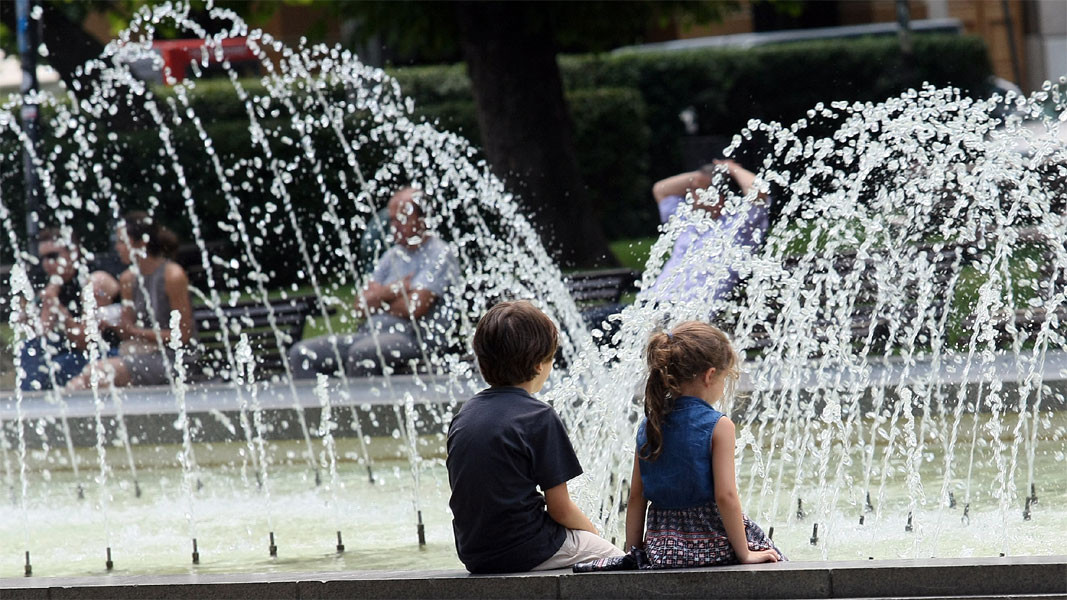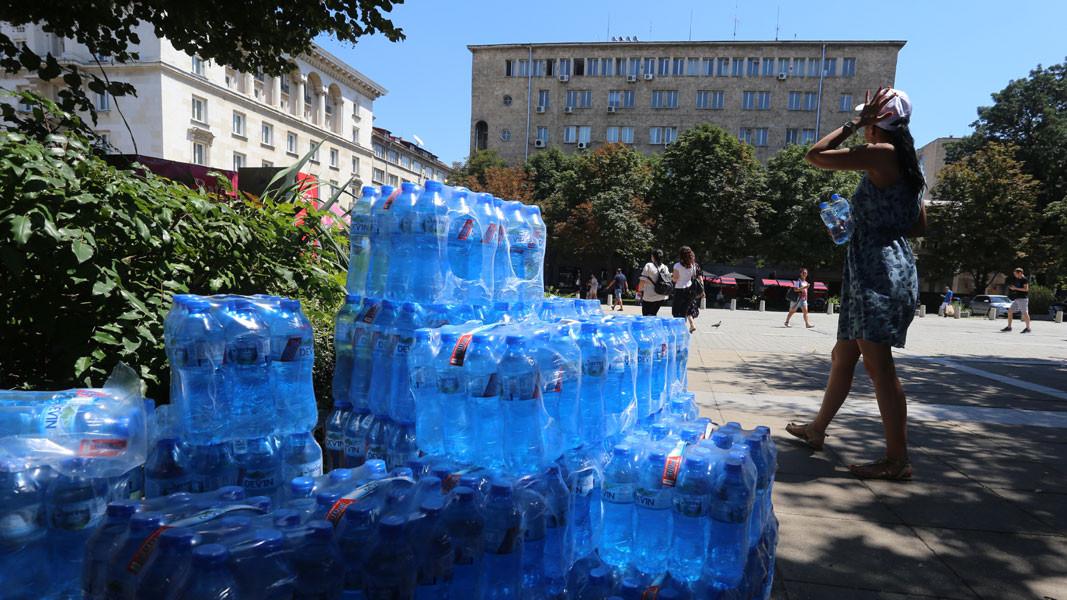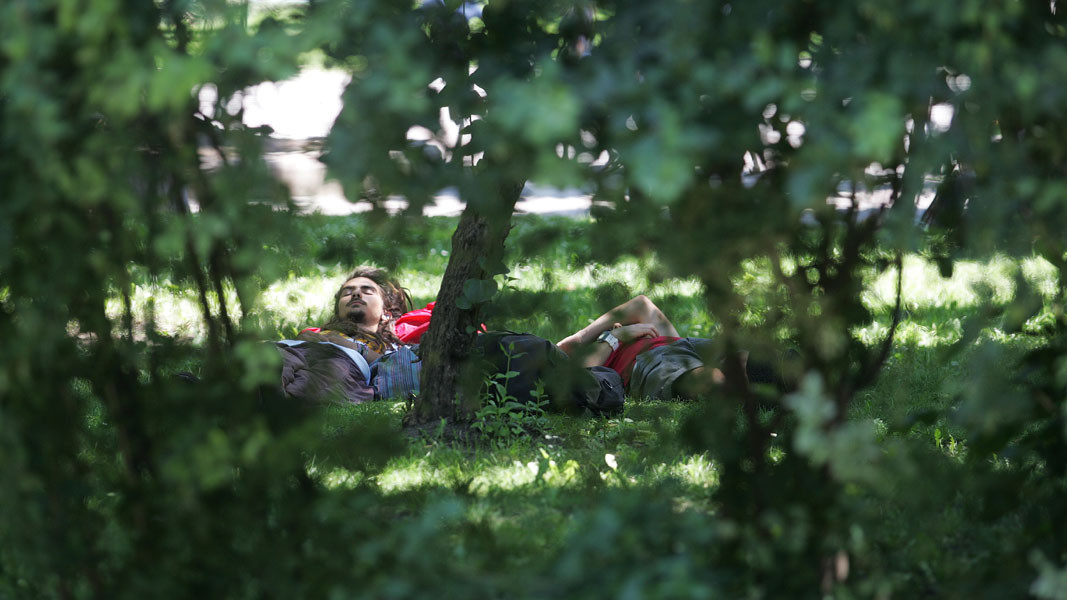Intense heat has engulfed Bulgaria in recent days. In some places temperatures above 30 degrees Celsius are measured in the morning hours, and during the day in some places temperatures have exceeded 38-40 degrees Celsius. The heat will continue in early July, according to weather forecasters.
The climate is changing and the changes for Bulgaria are unfavourable, climatologist Antoaneta Yotova commented in an interview for the Bulgarian National Radio (BNR). In its latest climate change assessment report, the UN warns that Bulgaria will be one of the countries most affected by dry spells in the future and this could be the new pandemic for Bulgaria - drought against which there is no vaccine.

Have weather anomalies become normal over time such as oscillating between periods of heavy rains into spells of unusual heat?
"In recent years there has been an increase in extreme weather phenomena in Bulgaria by about 30%. By 2050, they are expected to double," Dr. Zornitsa Spassova, Assistant Professor at the National Centre for Public Health and Analysis and scientific secretary of the Society of Medical Geography told BNR. “It has been found that the increase in average temperatures in summer by about 2-3 degrees leads to a double increase in periods of hot weather, which is dangerous to health. High temperatures are associated with increased mortality and cardiovascular disease, but are also at risk for people with respiratory conditions, asthma, diabetes and mental disorders. It is important to know that the dangerous effects of hot weather do not appear immediately, but after more than three consecutive days of exposure to high temperatures.”

According to Dr. Spassova, Bulgarians tend to enjoy the warm and cloudless weather and to underestimate the risks:
"We currently have a heat wave, which is the first for this season. It has been found to be the deadliest heat wave, as it comes after a period of cooler weather. Our bodies have not yet adjusted to the heat, we haven't adapted our behaviour and we keep going out, even though it's so hot, we don't drink enough water. Exactly during the first heat wave people who are in poor health die. This is an extremely dangerous heat wave that will last for a few more days."
Overheating and a sunstroke are possible dangers for everyone not following the rules of sun exposure. If people work outdoors, the risk is high. "Put off outdoor sports in these hot days, except for water sports. If you are cooling in colder water, be careful not to reduce the temperature sharply, so as not to cause shock in the body," Dr. Spassova advises.

The increase in heat waves worldwide has been observed since 1985 and is related to the increase in the average global air temperature. The number of people exposed to extreme heat is growing exponentially. Globally, heat-related mortality in people over the age of 45 has doubled in the last 20 years, and in Europe it has increased by 30%.

South-eastern Europe, where Bulgaria is located, is one of the most vulnerable regions to heat waves in Europe, data of WHO indicate.
"The Bulgarian population is more vulnerable in terms of the fact that it would be more difficult to adapt for us. For example, fewer people can afford air conditioners in their homes and we have a lower health status. In Bulgaria, on the one hand, we have more heat waves, and on the other hand, there is an aging population, which makes the country quite vulnerable," Dr. Zornitsa Spassova concludes.
Edited by Elena Karkalanova (based on interviews of Diana Doncheva from BNR-HorizontPhotos: library, BGNES
A Bulgarian-designed electric vessel has gained international recognition , reaching the final round of the prestigious Gussies Electric Boat Awards 2025 . The awards celebrate the world’s most innovative and sustainable electric boats and yachts,..
A case of a dog run over by a doctor in a district of Sofia has caused a wave of public indignation and a protest in Sofia, which will take place today in front of the Military Medical Academy - the medical institution where the medic..
Forty Bulgarian schools in 22 US states have become a second home for the children of Bulgarian emigrants. They create continuity between generations and teach about Bulgarian history, traditions, and culture. They also create..

+359 2 9336 661
